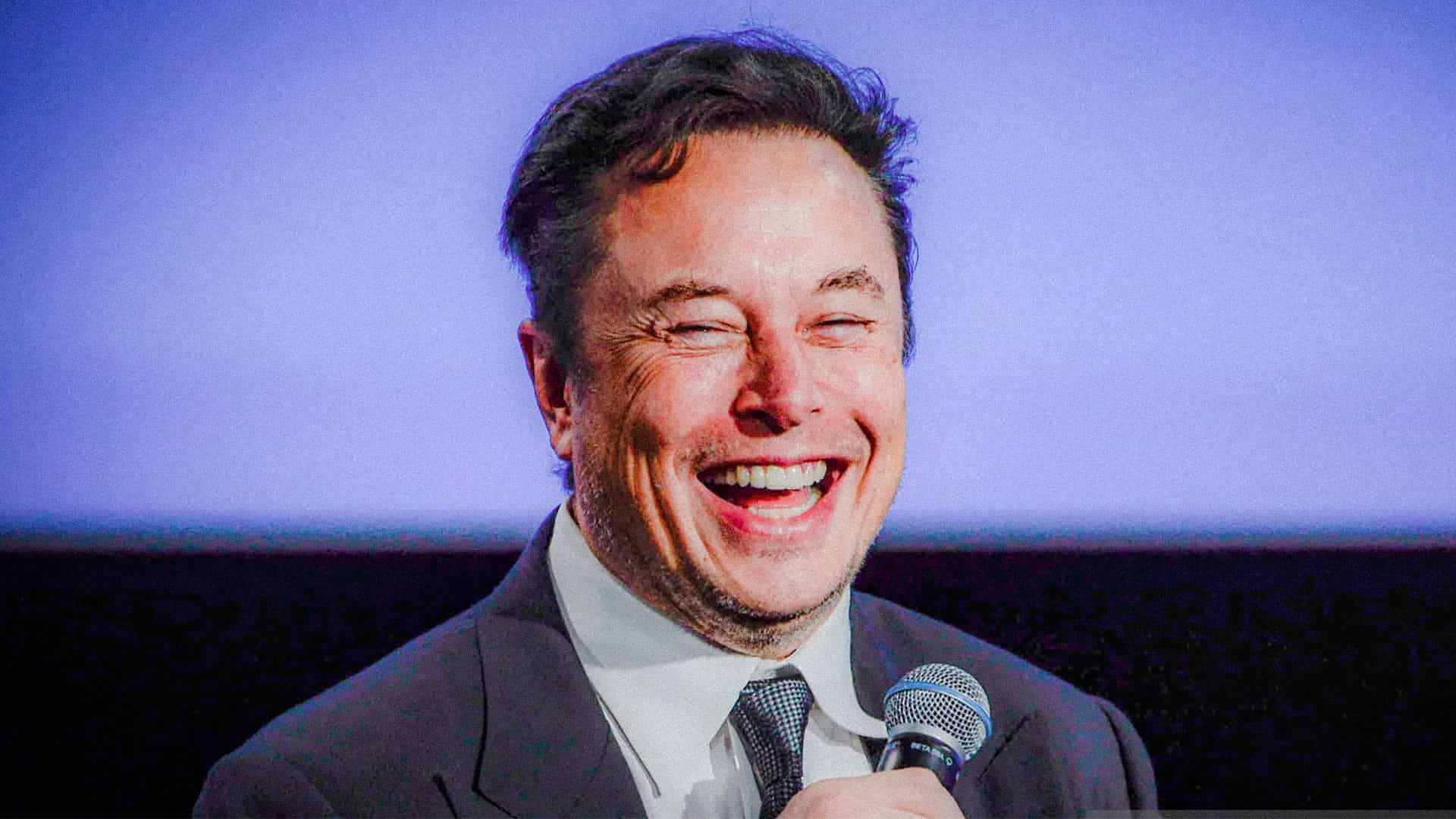The point of Elon Musk is that he is involved in everything and whether it is about the future or the environment or innovation. SpaceX is the extinction number saving mankind.
Elon Musk Might Not Like to Ask Observers Does Elon Musk Think He’s Bigger Than the Law? Law is often created through unusual cases and there is a trace of him going back to his days with Zip2, his first internet mapping company, shortly after Musk left Stanford behind.
He’s challenging corporate law in big and strange ways, Tesla’s 2016 acquisition of SolarCity of which Musk was chairman and a slew of safe tweets about taking Tesla private two years after a settlement with the major shareholder Securities and Exchange Commission. were financing. Huh. and ended with his resignation as chairman of Tesla.
Elon Musk says he didn’t actually do anything wrong with the tweet and earlier this year, he won a lawsuit against a group of shareholders who, despite the SolarCity deal, dealt with Tesla directors under UCLA laws. has worked. was challenged. Professor Stephen M. Bainbridge is offering a course next year called The Law of Elon Musk, so I’m here to get his thoughts on Musk’s past brushes with courtroom drama and what might be in store for Twitter.
We spoke to former Twitter security chief Peter Mudge Jatko a few days before the whistleblower’s complaint became public. Elon Musk begins to change tactics, using Zatko’s complaint as the basis for new arguments the judge must judge him. Or whether this change will take effect remains to be seen.
Bainbridge specializes in corporate and securities law and has been blogging about the law and the wine and morals of Catholicism before accusing Martha Stewart of insider trading. The acquisition of SolarCity is an excellent case for teaching students.
Then there’s a pending case over their Tesla CEO-compensation package, which is a good case because it will strike students with a hefty sum — billions of dollars in CEO compensation — more than we’ve ever seen. It’s a good case to talk about: Is this a situation in which it would be logical for a company to put together that kind of compensation package?
These are all matters of different fields that Musk is involved in, and how high profile he’s been this year with Twitter and everything, I thought this would be a way to really grab the attention of the students.
In the material you sent me, it reads, “Musk resists the temptation to continually pursue his own interests and goals instead of focusing on the welfare of those who have entrusted their savings to him.” And I think there’s a lot of people who would say it’s not really a contradiction – because Musk is interested in something, that’s what makes it so valuable.
One of the things that students often have a hard time understanding is that a conflict of interest is not necessarily a crime, a bad thing is immoral, a conflict of interest is just a situation. Have you allowed your conflicts of interest to influence your thinking about how you conduct any of your transactions?
In any case, does Musk have a conflict of interest? And of course their executive compensation is a good example. Obviously it’s a conflict of interest there, but then you have to ask the question, did he handle it in a way where Elon’s conflict ended, resulting in him engaging in self-dealing?
Independent directors negotiating a deal that will generate a significant amount of value for shareholders to pay a large sum? So it’s absolutely right and a point of view for students to see that just because he’s a controlling shareholder and just because he probably has a lot of power, doesn’t mean it’s a legal problem. It can do many things well by involving independent directors using appropriate procedures.
